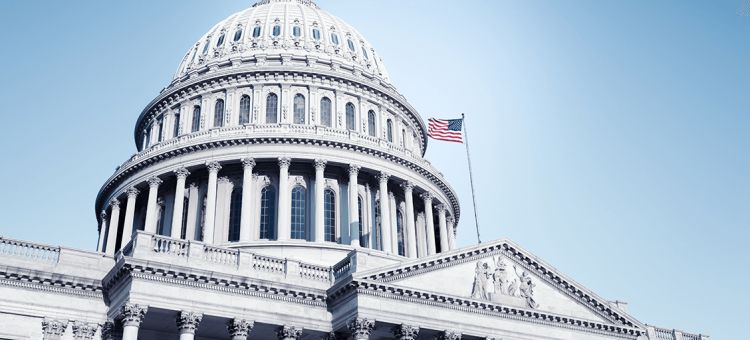Though Joe Biden is the Democratic nominee, a September 2020 New York Times|SurveyMonkey poll shows that policies typically associated with more liberal members of the party remain as popular as ever—especially among Democrats.
Two-thirds of people nationally now say they approve of a two percent wealth tax, just beating the previous high of 66% in July of 2019. Approval among independents is particularly high now (68%).
Similarly, a consistent majority of people across the country still supports the idea of Medicare-for-all (57%), though support for such a policy has slipped slightly among Republicans in the last year.
Support for Bernie Sanders’ free college plan has held steady since we last asked in July of last year, with a slight increase in support among Democrats (from 82% to 86%). Nearly every very liberal Democrat is in support of this plan (95%), though nearly as many liberal (89%) and moderate Democrats (80%), along with independents (71%), express widespread support as well.
Nearly half of people in the country (48%) say they would personally benefit if the federal government instituted a policy of sending cash payments directly to individuals, a greater percentage than for any other policy tested. About as many (44%) describe that policy as being beneficial to the economy as a whole were it to be enacted immediately.
Blacks are more likely than Americans of any other race to say both that they would benefit from direct cash payments and that the policy would be good for the economy. People in lower income households are also much more in favor of direct payments (62% among those making $50,000 or less say they would benefit, compared with 31% among those making $100,000 or more). Democrats are significantly more likely than Republicans (59% vs. 36%) both to say they would benefit from receiving direct assistance from the federal government, and that the policy would be good for the economy (61% vs. 28%).
For more detailed results, click through the interactive toplines below.
Read more about our polling methodology here.



